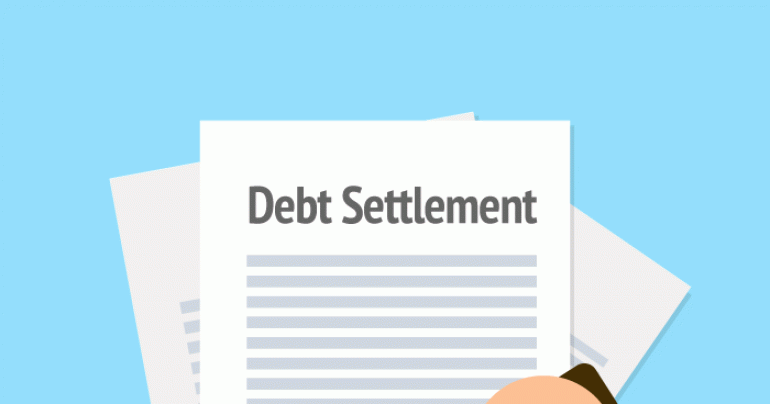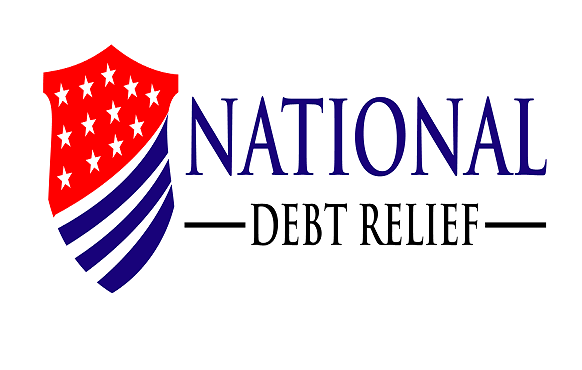Debt Settlement Letter
The term Debt settlement has several synonyms including credit settlement, debt negotiation, and debt arbitration.
It refers to the process where the debtor negotiates with the creditor to be allowed a partial payment as full payment of the full debt.
However, debt settlement is rarely used by creditors in handling debt payments. It usually applies to unsecured debts like medical bills and credit cards since it would be easier recollecting secured debts by repossessing the asset used to secure them.
Debt settlement requires the help of debt settlement firms though individual creditors can agree to provide it on their own.

Debt Settlement Letter
Collecting unsecured loans can be challenging for a creditor since debtors may fail to pay the full amount as agreed. A debt settlement letter could help in recouping part of the losses which could accrue from unsettled debts.
The letter indicates the due date that the debtor is required to make payments under the negotiated terms and other provisions like the amounts to be paid in installment basis, liability and confidentiality clauses.
Failure by the debtor to honor the agreement could make the total outstanding loan to fall due.
Pros and cons of debt settlement
It helps the debtor in getting rid of nagging debt collectors. The debtors also benefit from paying a lesser amount than the original debt and once through they are under no obligation to pay the forgiven debt. The arrangement also saves the debtor from the risk of being declared bankrupt.
Creditors, on the other hand, benefit from the arrangement as it saves them the agony of chasing the debtors offering them an opportunity to pursue other business deals. Finally, the creditor is able to recover the debt he would have lost if the creditor filed for bankruptcy.
Debt settlement has several negative effects on the debtor. For instance, it taints the credit worthiness of the debtors as they must have forfeited on repayments for about six or more months before negotiating for a debt settlement. Moreover, the debtor has to pay income taxes even for the forgiven debt.
Also, debt settlement resembles a gamble since it is not guaranteed that the creditors will accept the arrangement. It is also a disadvantageous mode of debt settlement on the part of the debtors as it requires them to have immediate cash to pay a lesser amount as settlement for the full debt.
For instance, the debtor might be required to pay an instant cash of $10,000 as full settlement of an outstanding $20,000.
In addition, debt settlement still damages the debtor’s credit rating as the creditor will still report it as a ‘settlement lesser than the full amount.’ Finally, this arrangement can only apply to unsecured debts but cannot apply to secured loans such as mortgages.
Legal Form
Debt settlement is a legal procedure as either a debtor or a creditor is allowed to approach a legal entity to initiate a debt settlement.
Actually, the majority of financial institutions use debt settlement to write off part of the debt owed to debtors.










